The concept of interstellar colonization has long captivated humanity's imagination, blending science fiction with emerging scientific possibilities. Recent advances in artificial intelligence have allowed researchers to simulate and predict the challenges humans might face when establishing colonies on distant exoplanets. These AI-driven simulations are not just speculative exercises—they provide tangible insights into survival strategies, resource management, and the psychological toll of living light-years away from Earth.
AI as the Ultimate Space Pioneer
Before humans set foot on Mars or beyond, artificial intelligence is paving the way through complex predictive modeling. Advanced machine learning algorithms analyze vast datasets—ranging from atmospheric conditions to potential food sources—to determine the viability of extraterrestrial settlements. Unlike traditional simulations, AI can account for unpredictable variables, such as meteor showers, solar flares, or even unforeseen biological hazards. These models don't just replicate Earth-like conditions; they explore radical adaptations, like genetically modified crops for alien soil or AI-guided terraforming.
One striking revelation from these simulations is the importance of self-sufficiency. AI projections suggest that even with regular supply missions from Earth, colonies would need to achieve near-total resource independence within decades. This means recycling every drop of water, manufacturing tools from local materials, and harnessing energy from unconventional sources. The AI emphasizes that failure to achieve this could lead to collapse long before outside help arrives.
The Human Factor in AI's Cold Calculations
While AI excels at solving logistical problems, its simulations also expose the fragility of human psychology in isolation. Deep-space colonies would face extreme confinement, communication delays with Earth, and the constant stress of an unforgiving environment. AI models incorporate behavioral science data to predict how interpersonal conflicts, leadership struggles, or sheer loneliness might destabilize a colony. Some simulations even suggest that without carefully designed social structures, mutiny or mental health crises could become existential threats.
Interestingly, the AI proposes counterintuitive solutions. Smaller, more specialized colonies might outperform larger ones in terms of cohesion. Rotating leadership roles, mandatory communal activities, and virtual reality therapy sessions appear frequently in AI-recommended strategies. These findings challenge the traditional "more is better" approach to colonization, instead favoring tightly knit groups with clearly defined purposes.
Ethical Dilemmas in the Void
Perhaps the most unsettling AI predictions involve the ethical gray areas of survival. Simulations show that colonies facing critical shortages might resort to extreme measures—rationing life-saving resources by age or productivity, or even sacrificing individuals for the group's survival. The AI doesn't judge these scenarios morally but presents them as statistical probabilities based on historical precedents from polar expeditions and submarine missions.
This raises profound questions about governance in space. Should Earth-based laws apply light-years away? How much autonomy should colonists have in life-or-death decisions? The AI simulations suggest that rigid Earth-like legal systems might fail under extraterrestrial pressures, favoring instead adaptable ethical frameworks that colonists can modify as situations evolve.
Learning From Failure—Virtually
Remarkably, the most valuable AI simulations aren't those where everything goes right, but those where everything goes wrong. Catastrophic failure scenarios—oxygen system breakdowns, crop blights, radiation shielding failures—provide crucial learning opportunities. By analyzing thousands of simulated disasters, AI identifies patterns and early warning signs that humans might miss. These virtual tragedies could prevent real ones.
Some space agencies are already incorporating these AI lessons into astronaut training programs. Future colonists might spend as much time in virtual reality disaster simulations as in physical preparation. The AI's message is clear: survival depends not on avoiding all problems, but on developing the resilience and adaptability to overcome inevitable crises.
The Next Frontier of AI-Colonist Collaboration
Looking ahead, the relationship between AI and human colonists will likely evolve from predictive to participatory. Rather than just running simulations on Earth, AI systems may become integral members of space crews—not as overlords, but as advisors with superhuman knowledge but no ego or self-preservation instincts. Early experiments suggest humans might trust AI recommendations more during actual crises if they've trained together extensively in simulations.
This partnership raises its own questions about dependency and autonomy. Will colonists retain the ability to override AI in critical decisions? Can AI systems, no matter how advanced, truly understand human values when making life-and-death calls? The simulations continue, but these philosophical dilemmas may only find answers when humans finally embark on their first interstellar colonization attempts.
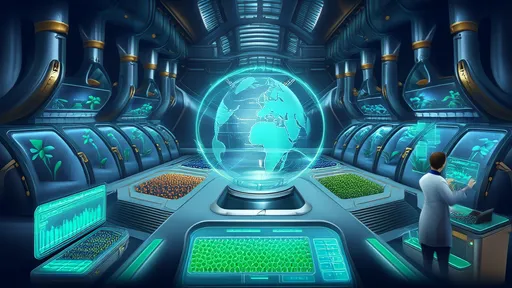
By /Jul 3, 2025

By /Jul 3, 2025
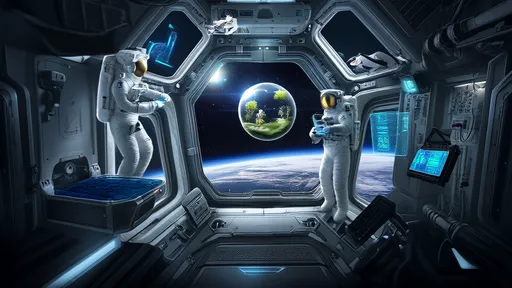
By /Jul 3, 2025
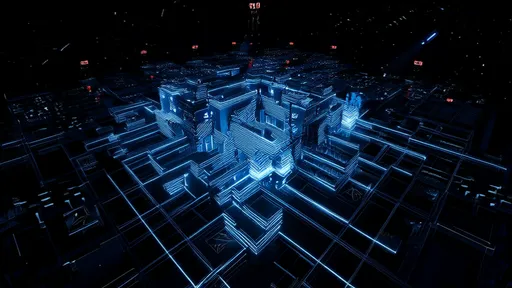
By /Jul 3, 2025

By /Jul 3, 2025

By /Jul 3, 2025
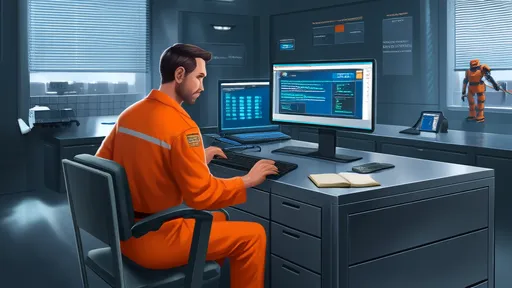
By /Jul 3, 2025
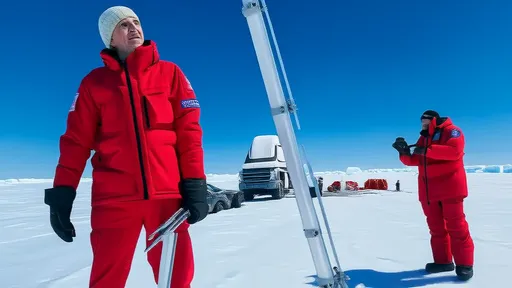
By /Jul 3, 2025

By /Jul 3, 2025

By /Jul 3, 2025

By /Jul 3, 2025
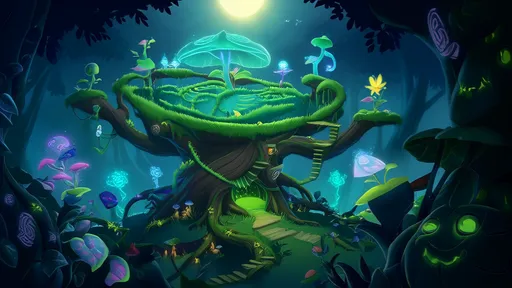
By /Jul 3, 2025

By /Jul 3, 2025

By /Jul 3, 2025
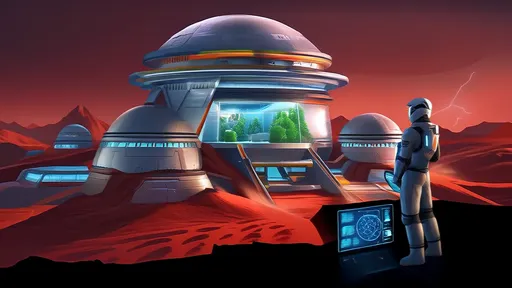
By /Jul 3, 2025
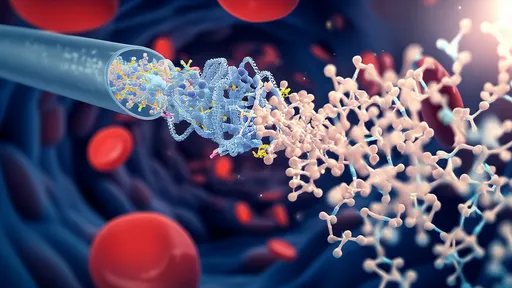
By /Jul 3, 2025
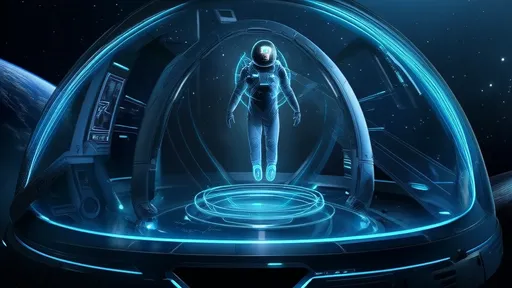
By /Jul 3, 2025
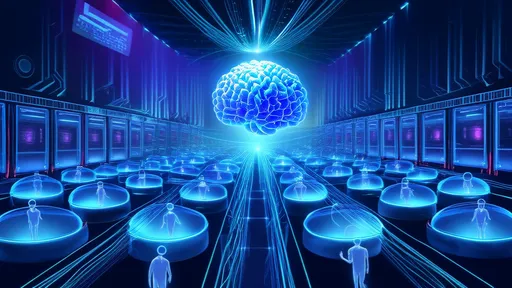
By /Jul 3, 2025